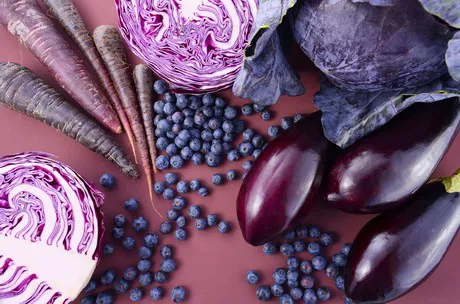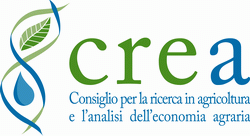The scientific community now recognizes the importance of the intestine and its microbiota in maintaining the general state of health. For the first time, the Food and Nutrition research centre of the CREA has focused on the beneficial role played by proanthocyanidins, a particular type of flavonoids, typical of blue-violet fruits and vegetables, in intestinal dysfunction.
Flavonoids are natural bioactive molecules widely present in the plant world. They are known and appreciated for their health properties and for their contribution to the prevention of many diseases, such as cardiovascular, inflammatory diseases and even some forms of cancer.

Intestinal dysfunctions occur in different ways and with different intensities, ranging from alteration of the intestinal barrier that prevents the entry of toxins and bacteria, to real inflammation, that can even have a negative influence on the whole body. Consequently, understanding how the molecular mechanisms that regulate the protective processes of the intestine work is fundamental for the development of effective strategies of prevention and treatment. These dysfunctions are often associated with overweight and obesity conditions.
The study published in the international journal Molecular Nutrition and Food Research involved including in the diet of 2 groups of experimental animals (mice) 2 different doses of proanthocyanidins, extracted from grape seeds to simulate a "nutritional" (75 mg) or "pharmacological" (375 mg) intake for 15 days. At the end of this period, in the next 5 days, a daily dose of LPS was administered. The LPS is a component of the bacterial wall that induces a specific inflammation in the intestine. At the end of the treatment, blood and intestine samples were taken and it was possible to observe that both dosages, nutritional and pharmacological, had protected the intestine from the damage induced by LPS, modulating in a positive way the expression of genes involved in the anti-inflammatory response.
The researcher of the CREA Raffella Committee, among the authors together with the first researcher Fabio Virgili: "This study indicates that the regular intake of proanthocyanidins can contribute to the prevention of intestinal dysfunction of inflammatory type, thanks to the ability to positively modulate the cellular and tissue response to toxic agents, protecting the functions essential to maintain the health of the body as a whole. This study confirms the importance of molecules characteristic of the Mediterranean diet in the construction of a diet functional to human health".

